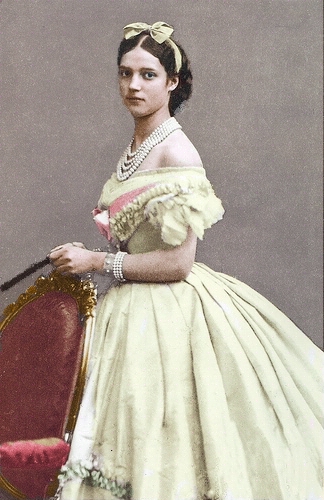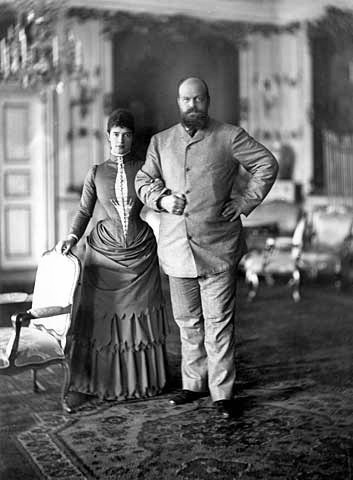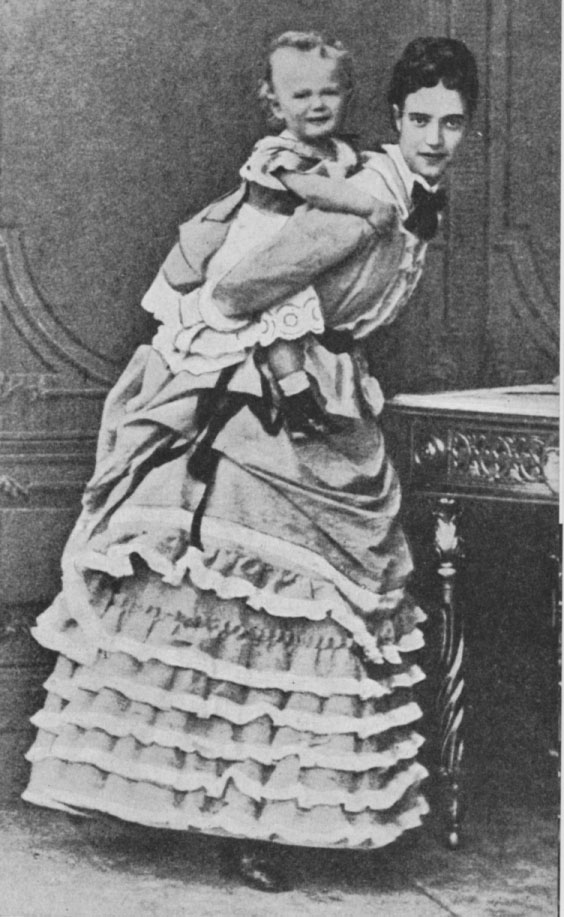When I was a teenager, I loved reading historical fiction like the Dear Diary series–books that focus on the thoughts and emotions of characters, but which are also infused with the history of a specific time and place. They were written in first-person, in diary format, which made their stories more accessible. I devoured these books because I wanted to know how those girls felt when significant events happened to them, like the Titanic sinking or the Oregon Trail or the Civil War; I wanted to know that we were similar, that we were just girls, experiencing history happening around us.

book cover for The Romanov Empress
The Romanov Empress by C.W. Gortner is the closest I’ve come to an adult version of the Dear Diary book series. Not quite a diary but still told in first-person, this historical novel tells the story of Tsarina Maria Feodorovna, once a “normal” teenage girl living in Denmark, who became the empress of Russia and lived to see the Russian empire crumble. She was the mother of Nicholas II, grandmother to the last Russian princesses, including Anastasia. Reading this novel was like entering her mind and understanding her experience of the aristocratic life, even when the aristocratic world was on the brink of permanent change and conflict.

Maria Feodorovna, Dagmar of Denmark, age 17 – Image by Peter Symonds
This novel takes us from the 1860s when Maria, familiarly called Minnie, is a teenager to the Russian Revolution in the 1910s. As the novel begins shortly after her family finds out that Minnie’s father will become king of Denmark, we follow Minnie’s coming of age as she realizes that life as a princess means restrictions on her desire for a free lifestyle and the requirement of an advantageous marriage, not only for her sister who is marrying Queen Victoria of England’s son, but also for herself. As her sister says, “The time is past for fairy tales.”
As royal politics play out, Minnie becomes engaged to the tsarevich, the heir to the Russian empire, but when an accident leads to his sudden death, she eventually marries his less attractive brother, the new heir. Leaving her home country and family, Minnie travels to the colder climate of Russia where she must learn a new religion, a new culture, a new way of life. But she takes it all in stride, finding purpose in being the future empress and in finding a kind of agency in her own fate.
And this is all just the beginning of this sweeping saga of Maria Feodorovna’s life. The Romanov Empress manages to fit decades into a fast-paced four-hundred pages. While the book seems a bit surface level at times because it is trying to encompass so much information, it was an interesting read because it gave me a glimpse into a history I knew little about. Reading this made me want to know even more about the Tsarina since I had only known the story of Anastasia and little else about the Romanov dynasty. The novel gives a more personal side to a very politically charged time in Russian history, which I found quite engaging.
Maria Feodorovna lived at a pivotal moment in Russian history. She ruled with her husband Alexander III in the decades leading up to World War I. When her husband died, she advised her son, Nicholas II, in his rule. But her world of empires and royalty was fading away into revolution and war. Her son was the last emperor, the last tsar, removed and assassinated during the Russian Revolution. Maria, however, survived the revolution, escaping from Russia and outliving her son. She lived to see Europe completely change from being ruled by the empires of Britain and Russia, to the post-war and post-revolutionary world where the old rules of aristocracy no longer held their force. She died less than a century ago, and it is almost shocking to realize how different the world was for her.
Pick up The Romanov Empress to read more about this fascinating woman’s life and her momentous role in a changing period of Russian history. I’d recommend this book for anyone interested in getting an overview of Maria Feodorovna’s life as well as avid readers of historical fiction in the camp of Alison Weir.
Thanks to Ballantine Books and Penguin Random House for providing this book for review.



